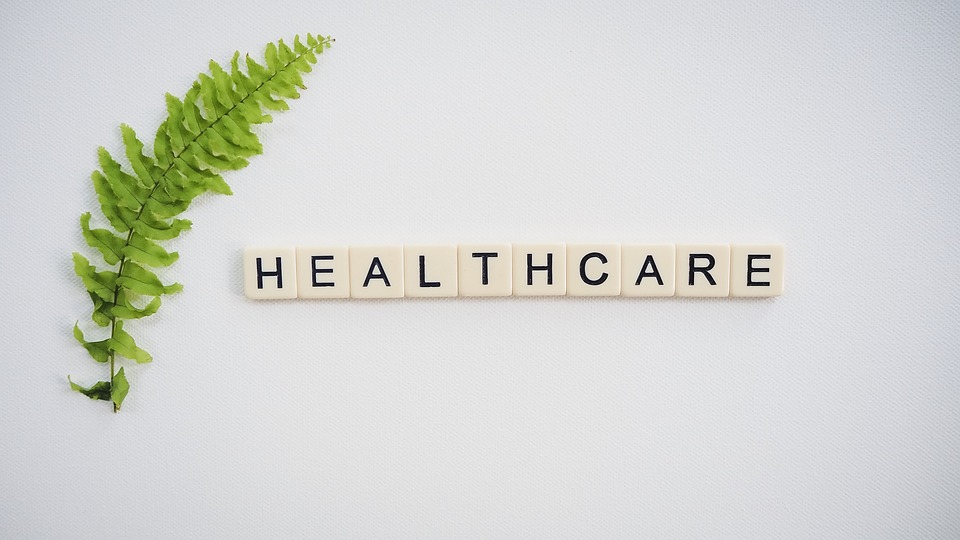Understanding the Complex Web of Depression: Causes, Symptoms, and Treatment
Introduction:
Depression is a complex and multifaceted mental health condition that affects millions of people worldwide. It is characterized by persistent feelings of sadness, loss of interest or pleasure in activities, and a range of physical and emotional symptoms. This blog article aims to delve into the intricate web of depression, exploring its causes, symptoms, and treatment options. By understanding the various facets of this condition, we hope to provide valuable insights for those affected by depression and their loved ones.
Causes of Depression:
Depression can be caused by a combination of genetic, biological, environmental, and psychological factors. While the exact causes of depression are still not fully understood, research has identified several potential contributors. Genetic predisposition plays a role, as individuals with a family history of depression are more likely to develop the condition. Imbalances in brain chemicals, specifically serotonin, norepinephrine, and dopamine, have also been linked to depressive symptoms.
Environmental factors such as trauma, loss, or chronic stress can trigger or exacerbate depression. Additionally, certain medical conditions like chronic pain, hormonal imbalances, or substance abuse can increase the risk of developing depression. Furthermore, individuals with low self-esteem, a pessimistic outlook, or a history of other mental health disorders are more susceptible to experiencing depression.
Symptoms of Depression:
Depression manifests differently in each individual, and its symptoms can vary in severity and duration. Common symptoms include persistent feelings of sadness, hopelessness, or emptiness. Individuals may lose interest or pleasure in activities they once enjoyed, and experience changes in appetite, weight, or sleep patterns. Fatigue, lack of concentration, and difficulty making decisions are also prevalent symptoms of depression.
Physical symptoms such as headaches, digestive issues, and chronic pain can accompany depression. Additionally, individuals may exhibit irritable or restless behavior, exhibit slowed movements or speech, and have recurrent thoughts of death or suicide. It is crucial to recognize these symptoms and seek professional help if they persist for an extended period, as early intervention can significantly improve outcomes.
Treatment Options for Depression:
Depression is a treatable condition, and various approaches can help individuals manage and overcome their symptoms. Treatment plans often involve a combination of psychotherapy, medication, and lifestyle modifications. Psychotherapy, also known as talk therapy, enables individuals to explore their emotions, thoughts, and behaviors in a safe and supportive environment. Cognitive-behavioral therapy (CBT), interpersonal therapy (IPT), and psychodynamic therapy are commonly used therapeutic approaches for depression.
In some cases, medication may be prescribed to regulate brain chemicals and alleviate depressive symptoms. Antidepressant medications, such as selective serotonin reuptake inhibitors (SSRIs) or serotonin-norepinephrine reuptake inhibitors (SNRIs), are commonly prescribed. It is important to note that medication should always be prescribed and monitored by a qualified healthcare professional.
In addition to therapy and medication, adopting a healthy lifestyle can also contribute to managing depression. Regular exercise, a balanced diet, sufficient sleep, and stress reduction techniques can all have a positive impact on mental well-being. Engaging in activities that bring joy, socializing with loved ones, and seeking support from support groups or online communities can also be beneficial.
FAQs about Depression:
1. Can depression be cured?
While depression cannot be “cured” in the traditional sense, it can be effectively managed and treated. With the right combination of therapy, medication, and lifestyle changes, individuals can experience significant relief from their symptoms and regain control over their lives.
2. How long does it take for depression treatment to work?
The duration of treatment varies from person to person. Some individuals may experience improvement within a few weeks of starting therapy or medication, while others may require several months. It is essential to have realistic expectations and maintain open communication with healthcare professionals throughout the treatment process.
3. Can depression reoccur after successful treatment?
Yes, depression can recur even after successful treatment. It is essential to continue with maintenance therapy, practice self-care, and monitor any changes in mood or behavior. Regular follow-ups with healthcare professionals are crucial to prevent relapse and address any emerging symptoms promptly.
4. Are there alternative treatments for depression?
While therapy and medication are the primary treatment options for depression, some individuals may explore alternative approaches. These may include acupuncture, herbal supplements, or mindfulness-based practices like yoga or meditation. However, it is essential to consult with healthcare professionals before embarking on any alternative treatments.
5. How can I support a loved one with depression?
Supporting a loved one with depression involves offering empathy, understanding, and encouragement. Educate yourself about depression, listen without judgment, and encourage them to seek professional help. Be patient and supportive as they navigate their treatment journey, and remind them that they are not alone.
Conclusion:
Understanding the complexity of depression is a crucial step towards effective management and support. By acknowledging the various causes, recognizing the symptoms, and exploring the available treatment options, individuals can take proactive steps towards reclaiming their lives from the clutches of depression. Remember, seeking help is a sign of strength, and with the right support system in place, there is hope for a brighter future.
For further information on depression, causes, symptoms, and treatment, you may find the following resources helpful:
– [Link 1: Understanding Depression: A Comprehensive Guide]
– [Link 2: Coping with Depression: Strategies for Everyday Life]
Remember, you are not alone in this journey, and there are professionals and resources available to guide you towards a path of healing and well-being.







